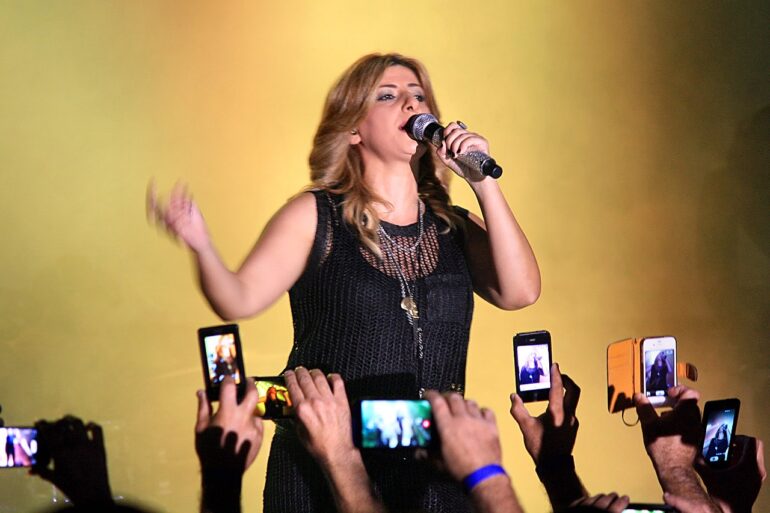Israeli pop icon Sarit Hadad recently made waves on her Instagram during a live Q&A session.
When asked if she would perform on Shabbat for a million dollars, she confidently responded “not even for two million!”
She then continued, explaining her response that “Shabbat is the greatest present we received as a nation. The kiddush, the brakhot, dinner around the table… at the end of every long week, my strength for the coming week comes from quality time with my family.”
Hadad is indicative of a powerful current in Israeli society, one which is often ignored by the country’s mainstream media narrative.
Hadad – like so many other members of Israel’s Mizraḥi community – maintains a deeply traditional appreciation of our ancient traditions, despite not being fully Torah-observant in her personal life.
This traditionalism has been one of the distinguishing factors, and one of the societal divides, between what’s often mislabeled the Israeli “right” and “left” – between the Likud and its more traditional base on one side, and the camp currently led by Yesh Atid and its proudly westernized base.
In the heat of another election cycle, as the heated passions of all segments of Israeli society are ignited, it’s important to remember, not just the political talking heads, but the constituencies that they represent. Hadad has taken a public stand to demonstrate exactly what values her fans, Israel’s more traditional Mizraḥi public, believe in.
The Labor party that had ruled the State of Israel during our first three decades of our independence is currently floundering politically, while the party’s leader Merav Michaeli insists on using her position as transportation minister in the outgoing government to develop plans for opening the new Tel Aviv light rail on Shabbat, requiring drivers to work on their day off in order to provide cheap transportation services for their neighbors.
As long as the camp that seeks to transform Israel into an outpost of the West refuses to pay attention to the cultural currents of Israel’s more traditionalist majority, they’ll continue to be confounded by the “Second Israel” and its growing political strength.
Israel’s political future lies in the restoration of Am Yisrael to its authentic folkways, to what makes our people a unique expression of the Divine Will in the world, in all spheres of national life. And maybe that return will begin with Shabbat – that “greatest present that we received as a nation.”





